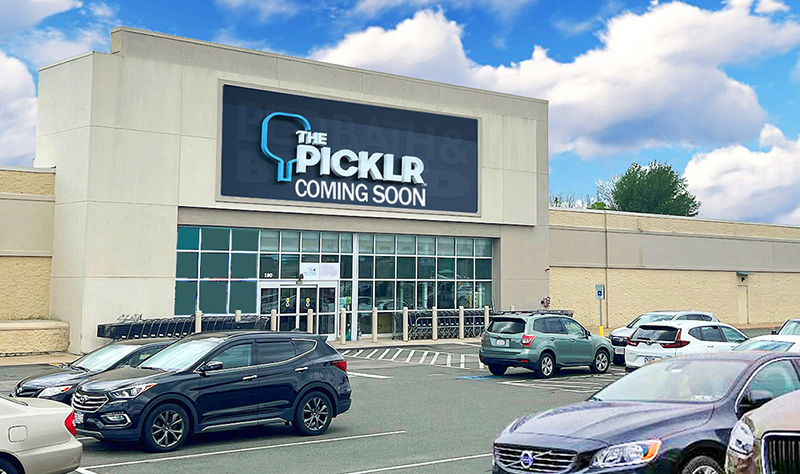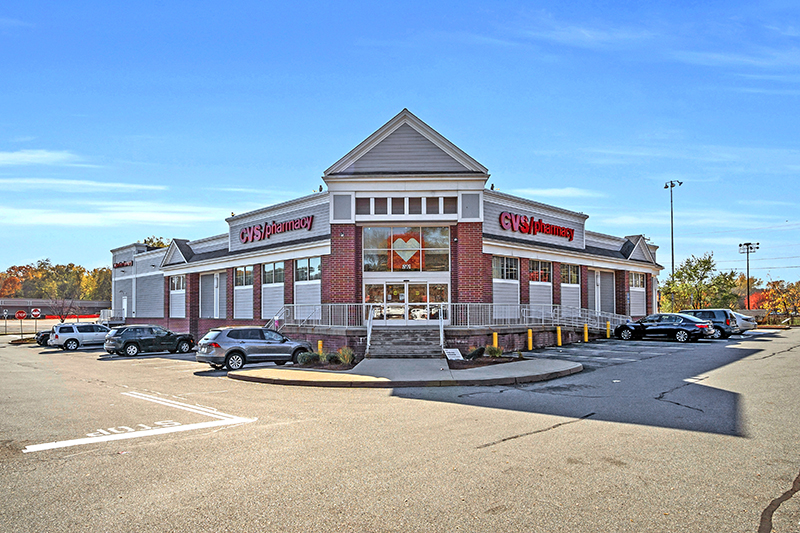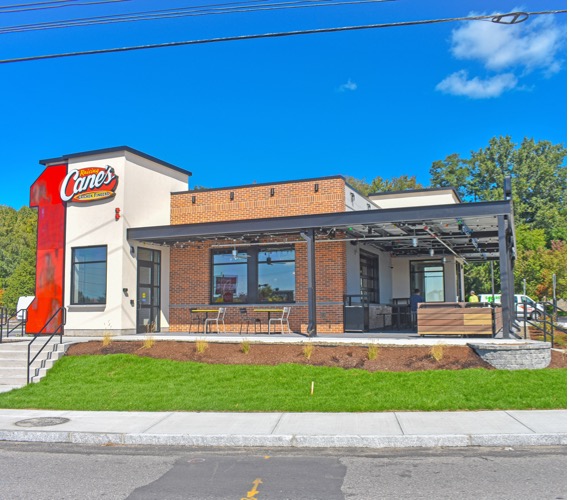News: Retail
Posted: July 25, 2013
Question of the Month: How is the new economy impacting retailers and the retail construction industry?
The economy has changed, and is continuing to change, as the entire business world suddenly faced a new reality, from consumer attitudes, to budget constraints, to a changing regulatory landscape. It was certainly a wake-up call that old ways had run their course but the change has resulted in many positives for both businesses and consumers.
For one thing, there has been an increase in local businesses and people looking to work closer to home, which helps support that local business. Consumers are focused on price and the quality of goods, products and materials. Small retailers are growing and expanding, while bigger chains have reinvented themselves to become more quaint, comfortable and less generic. A perfect example of this trend is Dunkin Donuts. They are performing store redesigns that have a much warmer feeling and are very inviting to the consumer. Others have done the same. We've seen it in fast food stores, retailers, grocery stores and the like. Besides physical appearance, there also seems to be a big trend toward healthier foods and locally sourced natural products.
These trends are having very positive trickle down effects on real estate and construction activity. Stores that were ahead of the curve on these trends are expanding rapidly and updating frequently. The remaining bigger chains are reinventing themselves and, therefore, redesigning and rebuilding their existing stores.
Another driving factor in the retail sector, right now, is technology. Retailers must now be more accessible to the consumer, which at the retail store level, is leading to major changes to the store design and layout - it's less about size and more about efficiency. People once believed that technology would lead to the decline of brick and mortar stores, but the opposite is true. Successful retailers are creating stores that are smaller in square footage but are more technologically advanced. In fact, the new customer-centric business model is leading retailers to build, rebuild or replace their data gathering infrastructure. The stores are smaller but their warehousing and order fulfillment square footages are growing, in order to service customers that order online from both home and in stores. In any case, this involves building and expansion and is keeping the industry vibrant right now.
In the current economy, there is no lack of cash, the central bankers have taken care of that. It is more a matter of the flow of money. Banks are loosening up, particularly in the commercial real estate sector, where lending standards have eased steadily for the past year and a half. Retailers are poised to take advantage of this by investing in geographic expansion and technology, which will result in a potential upswing in the jobs market. The businesses that held on during the recession have begun to regroup and move ahead with a new business model and some of that has sometimes meant downsizing and focusing more on their business model more than organic growth. Now that the dust has settled a bit, growth has resumed and should lead to job growth as well.
The impact of these trends on builders has been positive. We are finally seeing builders sensing improvement in the economy which is leading to a slight uptick in both the cost of materials and sub-contractor pricing. This is evident as architects and developers have been reporting project costs slightly higher than budgeted. It seems as though after years of razor thin margins for contractors, there is finally a sense of improving margins within the industry. Of course the lowest bid isn't always the best, either, and just like in the retail industry, it's also becoming more about accessibility, quality of the product and efficiency. The retail industry is also very schedule-conscious. In other words, if a retailer makes a move to build a new location, and wants it open for its peak season, a slight miscue along the way can be very costly.
In the new economy, whether you're a retailer or a builder of retail sites, it's going to be important to deliver more than the same old product. You really have to be a step ahead and a step above to compete and more importantly, thrive.
Al Vickery is business development director for Tenacity Construction, Inc., Peabody, Mass.
Tags:
Retail
MORE FROM Retail
Mace of KeyPoint Partners negotiates 36,192 s/f lease for The Picklr at Endicott Square
Danvers, MA KeyPoint Partners (KPP) negotiated a lease with the nation’s premier indoor pickleball venue The Picklr at Endicott Sq. Vice president of retail brokerage Don Mace negotiated the transaction on behalf of the landlord.





.jpg)


.png)